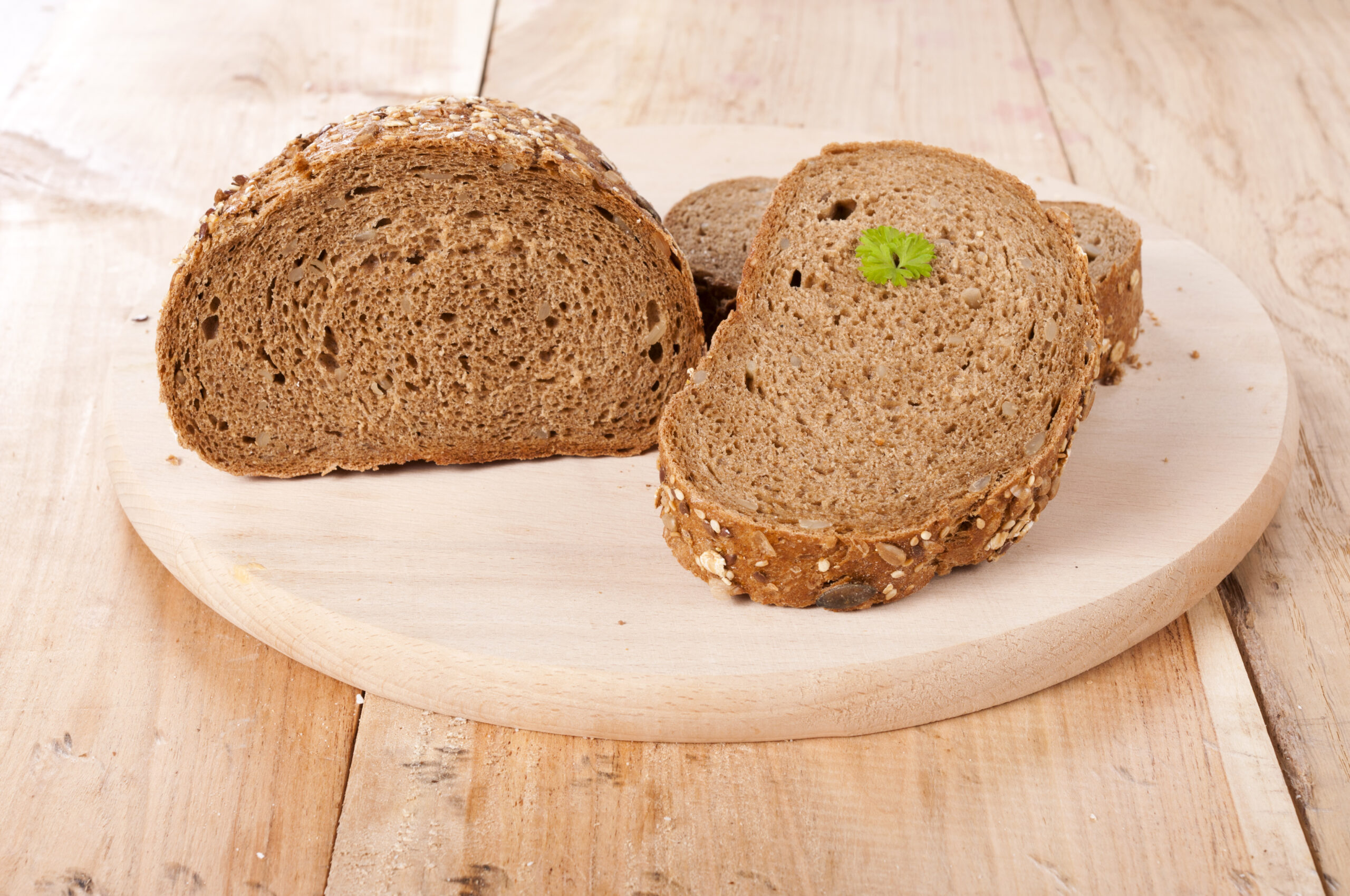Understanding the Basics of Dieting
Dieting is a crucial aspect when it comes to maintaining good health and losing weight. However, there are many myths surrounding dieting that can lead people astray from their goals. Here’s what you need to know before starting your new regime:
Need a Strong Nutrition Boost for Your Diet? Take a Look...
1. Calories in vs calories out – This is one of the most important concepts to understand when it comes to dieting. In order to lose weight or maintain a healthy weight, you must consume fewer calories than you burn through physical activity. It’s not just about cutting certain food groups but rather controlling portion sizes and making smarter choices throughout the day.
2. Macronutrients – Protein, carbohydrates, and fats are essential macronutrients that provide energy for our bodies. While each has its own unique benefits, they all play an important role in keeping us nourished and satisfied. Make sure to include a balance of these nutrients in your daily intake.
3. Micronutrients – Vitamins and minerals are micronutrients that help support various bodily functions such as immune system function, bone health, and blood clotting. A well-balanced diet should incorporate a variety of colorful fruits and vegetables to ensure adequate intake of these vital nutrients.
Common Myths about Weight Loss and Nutrition
Despite being widely believed, some popular diet myths have been debunked by science. Here are a few examples:
Need a Strong Nutrition Boost for Your Diet? Take a Look...
1. Eating at night will make you gain weight – There is no evidence to suggest that eating after a certain time frame leads directly to weight gain. Rather, it’s more about overall calorie consumption and how much exercise is done throughout the day.
2. All carbs are bad – Not all carbs are created equal! Complex carbohydrates found in whole grains, fruits, and veggies are actually beneficial sources of fiber and other vitamins and minerals. Simple carbs like those found in sugary drinks and processed snacks should be consumed in moderation.

3. You need to cut out entire food groups – Certainly, eliminating entire food groups may result in missing out on key nutrients needed for optimal health. Instead, focus on balancing meals with a variety of different foods while paying attention to portion control.
The Importance of Portion Control
Portion control plays a critical role in achieving weight loss success. Many times we overeat without even realizing it because serving sizes have increased significantly over the years. Using smaller plates, bowls, and utensils can help reduce portions automatically. Additionally, measuring out servings ahead of time using a food scale or measuring cups can also aid in managing portion size.
Exercise for a Healthy Body
Regular exercise is essential for maintaining a healthy body weight and reducing the risk of chronic diseases. Exercise helps boost metabolism, build muscle mass, improve cardiovascular health, and increase energy levels. Find activities that you enjoy doing and aim for at least 30 minutes per day, five days a week.
Staying Motivated Throughout Your Journey
Maintaining motivation during a diet plan can be challenging, especially if results aren’t seen immediately. Setting achievable goals, tracking progress, celebrating small wins, staying positive, and seeking social support can all contribute to sustained motivation. Remember, this journey is a marathon, not a sprint, so don’t give up too easily and keep pushing forward towards your ultimate goal.












